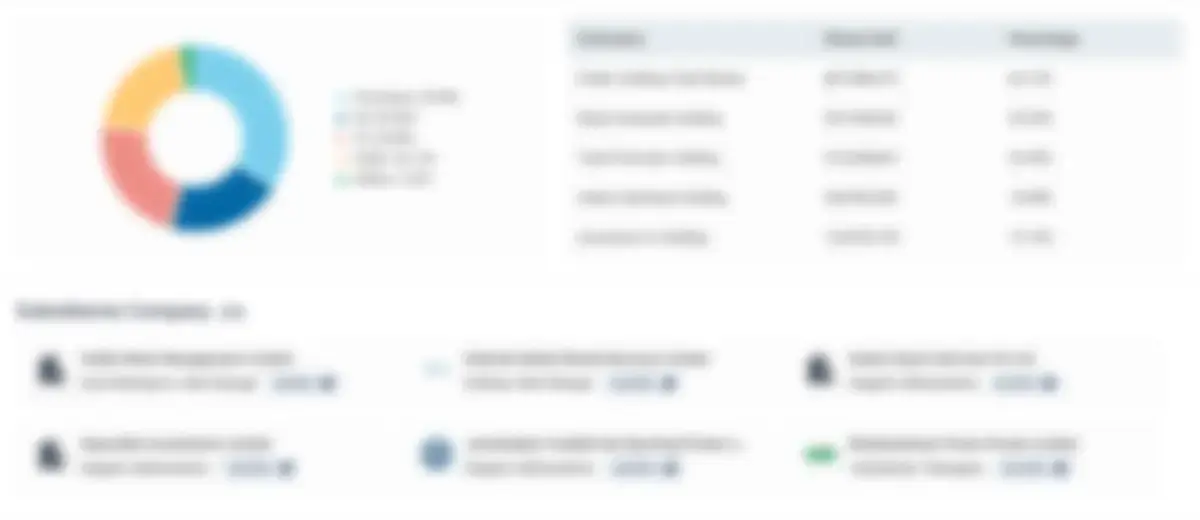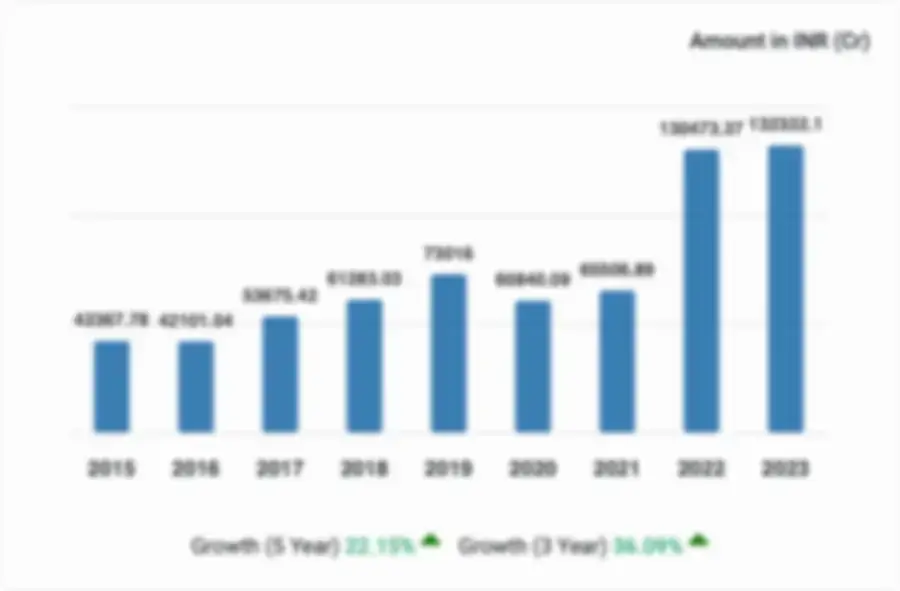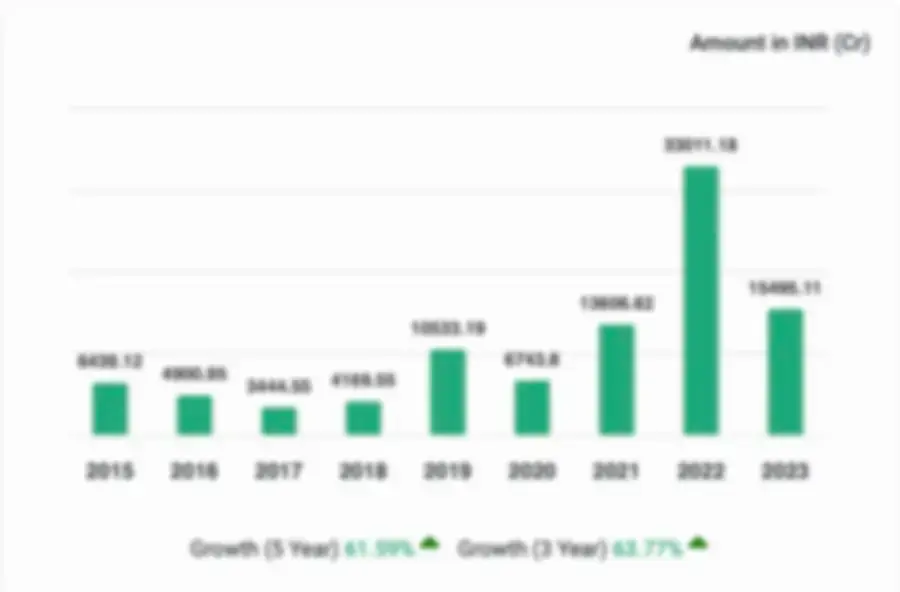What is the Ownership and Shareholding Structure of Clutch India?
In 2017, Clutch India had a promoter holding of 100.00%. Access key insights, ownership, including shareholding patterns, funding, foreign investors, KMP remuneration, group structure, and overseas investments.










Company Details
+91-XXXXXXXXXX